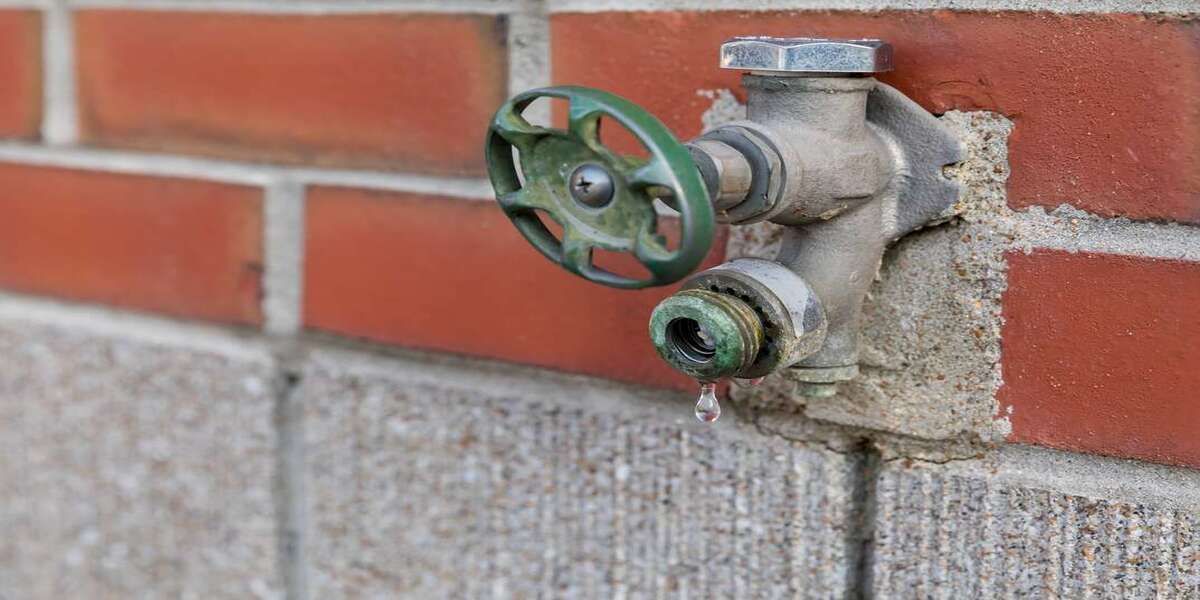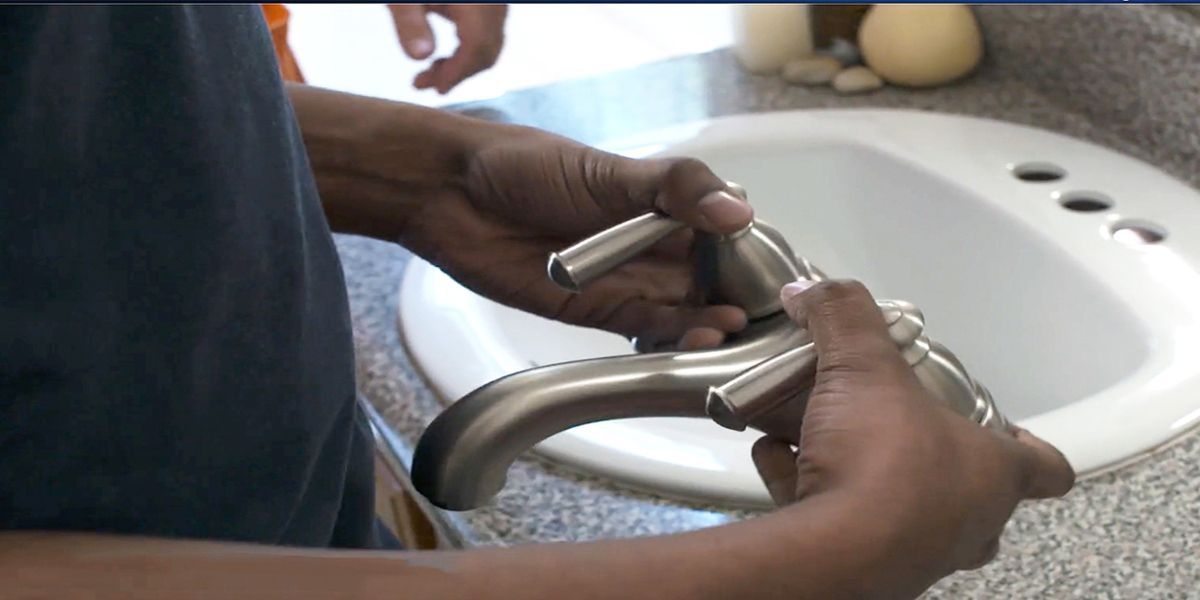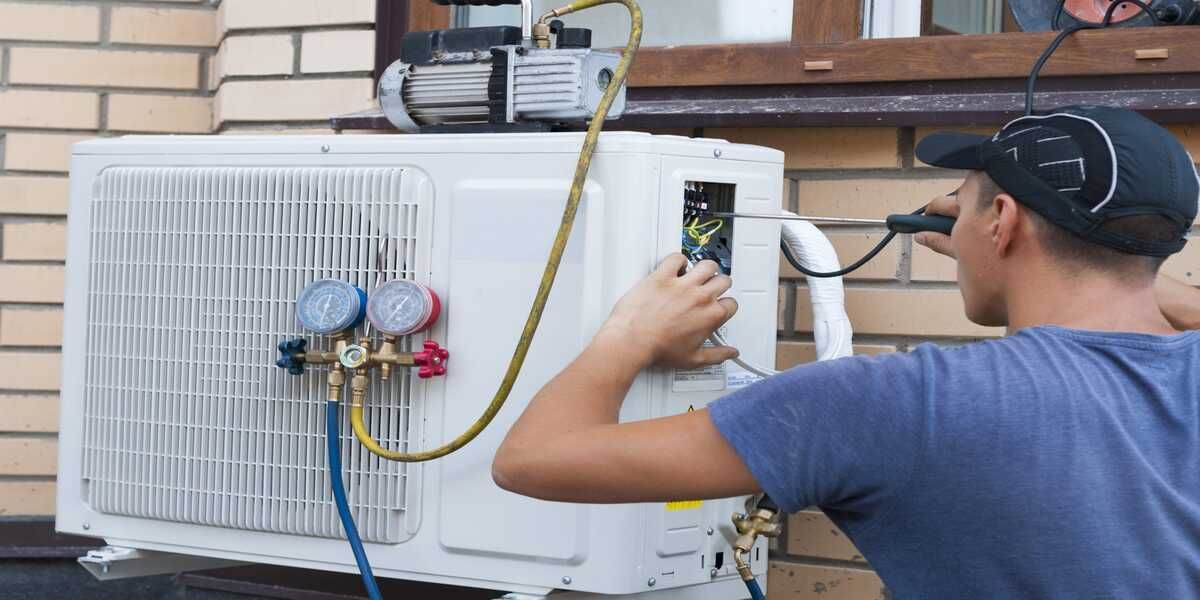What is an HVAC System?
In the realm of home comfort and efficiency, the term "HVAC system" often arises, but what exactly does it entail? In this enlightening guide presented by 24/7 Local Plumbers, we delve into the fundamental aspects of HVAC systems, shedding light on their significance, components, and functionality.
What is an HVAC System?
HVAC stands for Heating, Ventilation, and Air Conditioning. An HVAC system is a comprehensive network of interconnected components designed to regulate indoor temperature, humidity, and air quality to ensure optimal comfort and health for occupants. It encompasses various heating, cooling, and ventilation technologies working in harmony to maintain a comfortable indoor environment year-round.
Key Components of an HVAC System
Heating:
The heating component of an HVAC system serves as the backbone during colder months, ensuring indoor spaces remain warm and comfortable. Various heating systems are integral to this component, each with its own unique features and energy sources. Furnaces, commonly powered by gas or electricity, generate heat by burning fuel or heating coils and then distributing the warm air through ductwork to reach every corner of the home. Boilers, on the other hand, utilize water or steam to provide radiant heat through radiators, baseboard heaters, or underfloor heating systems. Heat pumps are another popular heating option, leveraging the transfer of heat between indoor and outdoor environments to regulate temperature effectively. Additionally, electric heaters offer a straightforward solution for smaller spaces or supplemental heating needs. Regardless of the system type, the heating component plays a pivotal role in maintaining a cozy indoor atmosphere, especially when the mercury drops.
Ventilation:
Ventilation stands as the unsung hero of indoor comfort, ensuring air quality remains optimal by facilitating proper air circulation and exchange. A well-designed ventilation system tackles various challenges, including eliminating stale air, filtering out pollutants, and managing moisture levels to prevent mold and mildew growth. This component employs a diverse array of equipment and technologies to achieve its goals. Exhaust fans work tirelessly to remove odors and humidity from kitchens and bathrooms, while air ducts circulate fresh outdoor air throughout the home. Air purifiers play a crucial role in capturing airborne contaminants such as dust, pollen, and pet dander, enhancing indoor air quality for allergy sufferers and individuals with respiratory issues. For those seeking maximum energy efficiency, heat recovery ventilators (HRVs) or energy recovery ventilators (ERVs) recover heat or coolness from outgoing air and transfer it to incoming air, reducing the strain on heating and cooling systems and maintaining a comfortable indoor environment year-round.
Air Conditioning:
The air conditioning component of an HVAC system provides much-needed relief during the sweltering heat of summer, ensuring indoor spaces remain cool and comfortable. This component relies on a variety of cooling technologies to achieve its objectives. Air conditioners, the most traditional option, utilize refrigerant to absorb heat from indoor air and transfer it outdoors, leaving behind cooler, dehumidified air. Heat pumps offer a versatile solution, capable of providing both heating and cooling functions by reversing the refrigeration cycle as needed. Ductless mini-split systems offer flexibility in zoning and installation, allowing for targeted cooling in specific areas of the home without the need for ductwork. In addition to cooling, modern air conditioning systems often incorporate dehumidification features, removing excess moisture from the air to enhance comfort and prevent mold growth. With the air conditioning component in place, homeowners can enjoy a refreshing escape from the heat while maintaining optimal indoor conditions throughout the summer months.
Functionality of an HVAC System
An HVAC system operates through a series of interconnected processes to maintain desired indoor conditions. During the heating season, the system's heating component activates to raise indoor temperatures to the set thermostat level. Conversely, during the cooling season, the air conditioning component kicks in to lower indoor temperatures to the desired level. Throughout the year, the ventilation system works continuously to circulate air, remove pollutants, and maintain indoor air quality.
Benefits of an HVAC System
Enhanced Comfort: An HVAC system goes beyond basic temperature regulation, providing occupants with a heightened level of comfort throughout the year. By seamlessly integrating heating, cooling, and ventilation functions, an HVAC system ensures that indoor environments remain consistently comfortable regardless of external weather conditions. Whether it's the chill of winter or the sweltering heat of summer, occupants can rely on their HVAC system to maintain an optimal temperature and humidity level, creating a cozy and inviting atmosphere within the home. This enhanced comfort extends to every corner of the house, from the living room to the bedroom, allowing occupants to relax and unwind in comfort.
Improved Indoor Air Quality: One of the most significant advantages of an HVAC system is its ability to enhance indoor air quality, promoting healthier living environments for occupants. Proper ventilation and filtration mechanisms work in tandem to remove allergens, pollutants, and airborne contaminants from the air, ensuring that the air circulating within the home is clean and fresh. HVAC systems employ high-efficiency filters and air purifiers to capture particles such as dust, pollen, pet dander, and mold spores, reducing the risk of respiratory issues and allergy symptoms. By breathing cleaner air, occupants can enjoy improved respiratory health and overall well-being, contributing to a higher quality of life.
Energy Efficiency: In an era of rising energy costs and environmental awareness, energy efficiency has become a top priority for homeowners. HVAC systems play a crucial role in this regard, incorporating advanced technologies and energy-efficient components to minimize energy consumption and reduce utility costs. Modern HVAC systems boast high-efficiency furnaces, air conditioners, and heat pumps that utilize innovative features such as variable-speed motors, dual-stage compressors, and smart thermostats to optimize energy usage. Additionally, HVAC systems often include programmable thermostats and zoning capabilities, allowing homeowners to customize temperature settings based on individual preferences and usage patterns. By maximizing energy efficiency, HVAC systems not only save homeowners money on their energy bills but also reduce their carbon footprint, contributing to a more sustainable future.
Temperature Control: With the advent of programmable thermostats and zoning capabilities, HVAC systems offer unparalleled temperature control and customization options for homeowners. Programmable thermostats allow occupants to set heating and cooling schedules based on their daily routines, ensuring optimal comfort and energy efficiency throughout the day. Zoning capabilities further enhance temperature control by dividing the home into separate zones, each with its own thermostat and temperature settings. This allows occupants to adjust temperatures independently in different areas of the house, catering to individual comfort preferences and usage patterns. Whether it's maintaining a cozy temperature in the living room while watching TV or keeping the bedroom cool for a restful night's sleep, HVAC systems empower homeowners to create personalized comfort zones tailored to their lifestyle.
In conclusion, an HVAC system is a vital investment in home comfort, health, and energy efficiency. With its ability to regulate indoor temperature, humidity, and air quality, an HVAC system ensures a comfortable and healthy living environment for occupants year-round. At 24/7 Local Plumbers, we specialize in HVAC installation, repair, and maintenance services to help you achieve optimal comfort and efficiency in your home. Contact us today to learn more about our comprehensive HVAC solutions.
You might also like
Book a Service Today
We will get back to you as soon as possible
Please try again later
Disclaimer: 24/7 Local Plumbing connects users with independent plumbers but does not guarantee service availability, verify licenses, or ensure insurance coverage. For full details, check out 24/7 Local Plumbing disclaimer.
Blog | Contact | Home | Privacy policy | Sitemap

All Rights Reserved | 24/7 Local Plumbers
Support and manage by lead vanguard
Committed to Accessibility: We strive for inclusivity and accessibility for all. Learn more about our accessibility efforts and resources.


